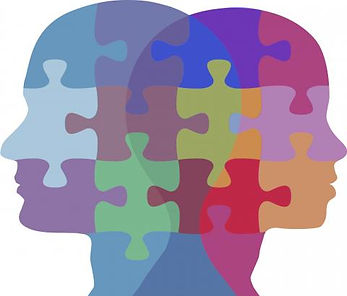
PSYCHOANALYTICAL

Definition: Psychoanalytical criticism is influenced by the theories of Sigmund Freud. The text is interpreted by menas of the conscious and unconscious mind which leads to character evaluation by psychological terms.
Psychoanalytical Criticism in The Handmaid's Tale:
An example of psychoanalytical criticism found in The Handmaid's Tale relates and ties into psychology. Representing the subconscious and the conscious, the ego (what we should do), the super-ego (moderates between desires and ego), and the Id (desire) are seen in some of the characters of this book. Offred represents the ego, as she performs small rebellious activities against Gilead. Offred serves as the ego because she opposes Gilead, which is what all the characters should do in order to create a better place to live. The Commander represents the super-ego. The Commander knows Gilead is wrong in the way they view women and the reader sees this in the way he treats Offred. The Commander plays Scrabble with Offred and often carries on conversations with her; which is a highly viewed act of rebellion and possibly treason. Yet, he never speaks against Gilead and still continues to carry out the duties Gilead assigns him. Serena Joy represents the Id in the way she will do anything for her desire of a child. All she seems to want in her life is a child. Since Serena Joy is infertile, she projects this jealousy and anger driven by desire onto Offred. Psychoanalytical criticism defines some of the major characters in this book and justifies the way they act. This is a key criticism to note because the reader is able to clearly understand why the characters have certain types of personalities.
